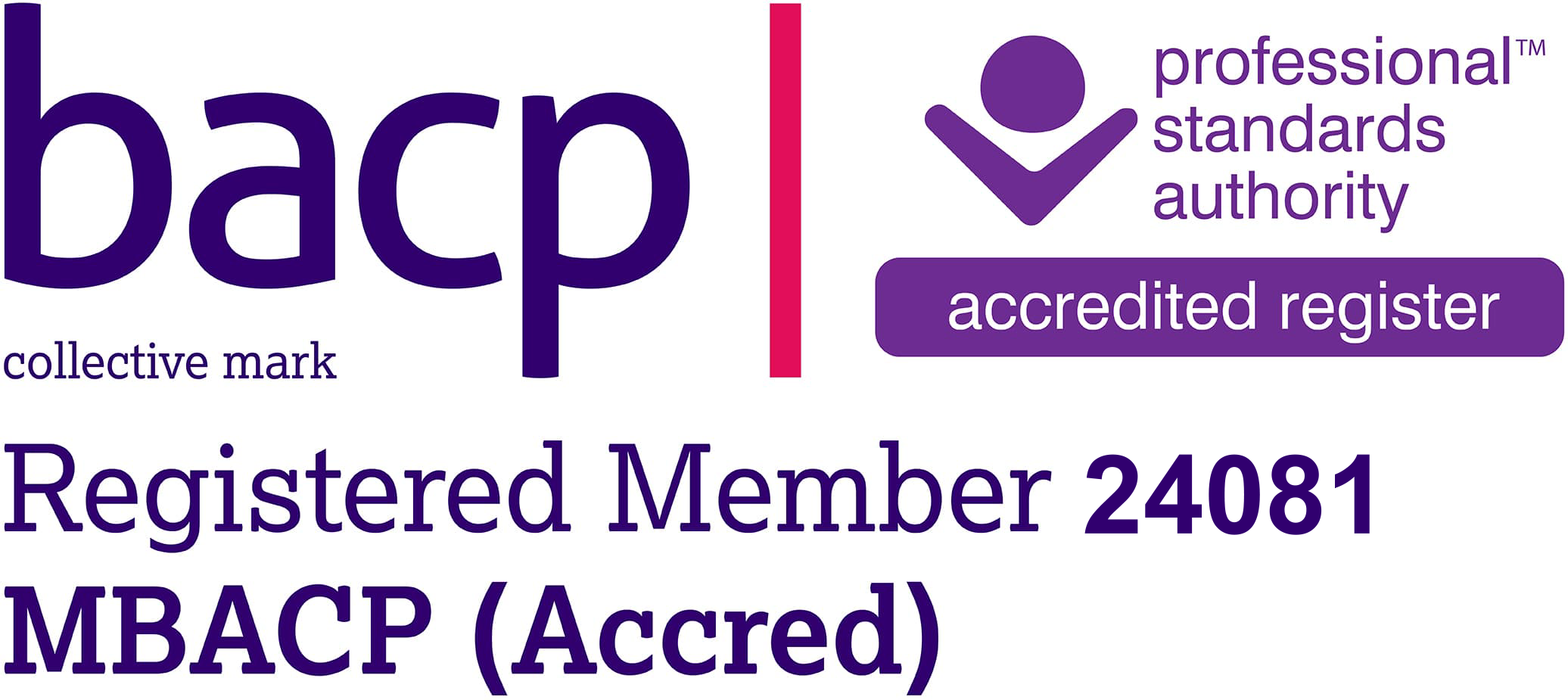Compassion Focused Therapy
Compassion Focused Therapy (CFT) is an increasingly popular transdiagnostic therapeutic approach to universal human suffering. It has been shown to be highly effective for people that experience high levels of shame, guilt and self-criticism. Often as human beings, we are much kinder to others’ than we are towards ourselves.
CFT works with trying to create a balance between three systems of emotional regulation that has evolved in humans over millions of years. These three systems are known as the threat system, the drive system and the soothing system. We can be in any of these systems at different times, dependent upon what is happening in the environment, and any other internal or external influences.
The beauty of CFT is that we all have the capacity to build on compassion towards ourselves and others’. By addressing various patterns of shame, guilt and self-criticism, and building on your own self-compassion, CFT has been shown to be effective to support with a range of mental health difficulties such as anxiety disorders, depression, disordered eating, low self-esteem etc.
CFT can be used as a blended approach or as a standalone approach in therapy. An assessment will establish the best form of treatment, dependent upon an individual’s own experiences (past and current). As with any other therapeutic approach, a full history will be taken, and the presenting difficulties will be formulated collaboratively with the therapist.
CFT adds distinctive features in terms of the focus on compassion, and use of imagery and mindfulness. The scientific study of compassion is an ever growing area. Numerous studies have been shown to increase activity in the regions of the brain responsible for regulating the body’s response to stress. Compassion related meditation activates the region of the brain which is known as the insular cortex. The insular cortex is linked to empathy responses and self-awareness. Research suggests that individuals’ who practice meditation over longer periods of time have a larger insular cortex as opposed to those who don’t.
CFT can support people to relate to their difficulties and experiences in a more compassionate way, which in turn reduces distress. It can also very much support with emotional regulation and use a sense of compassion to validate emotions.


